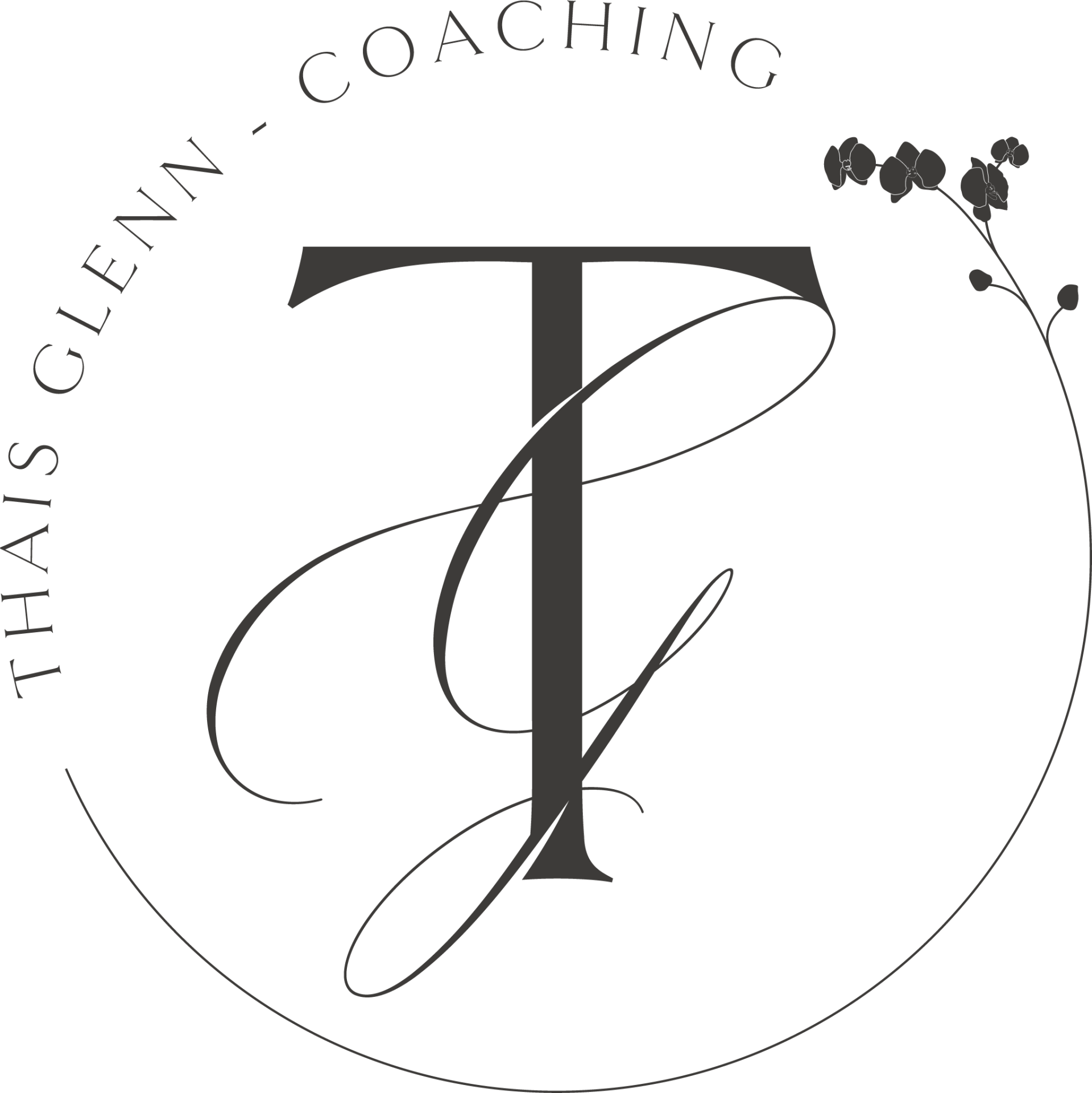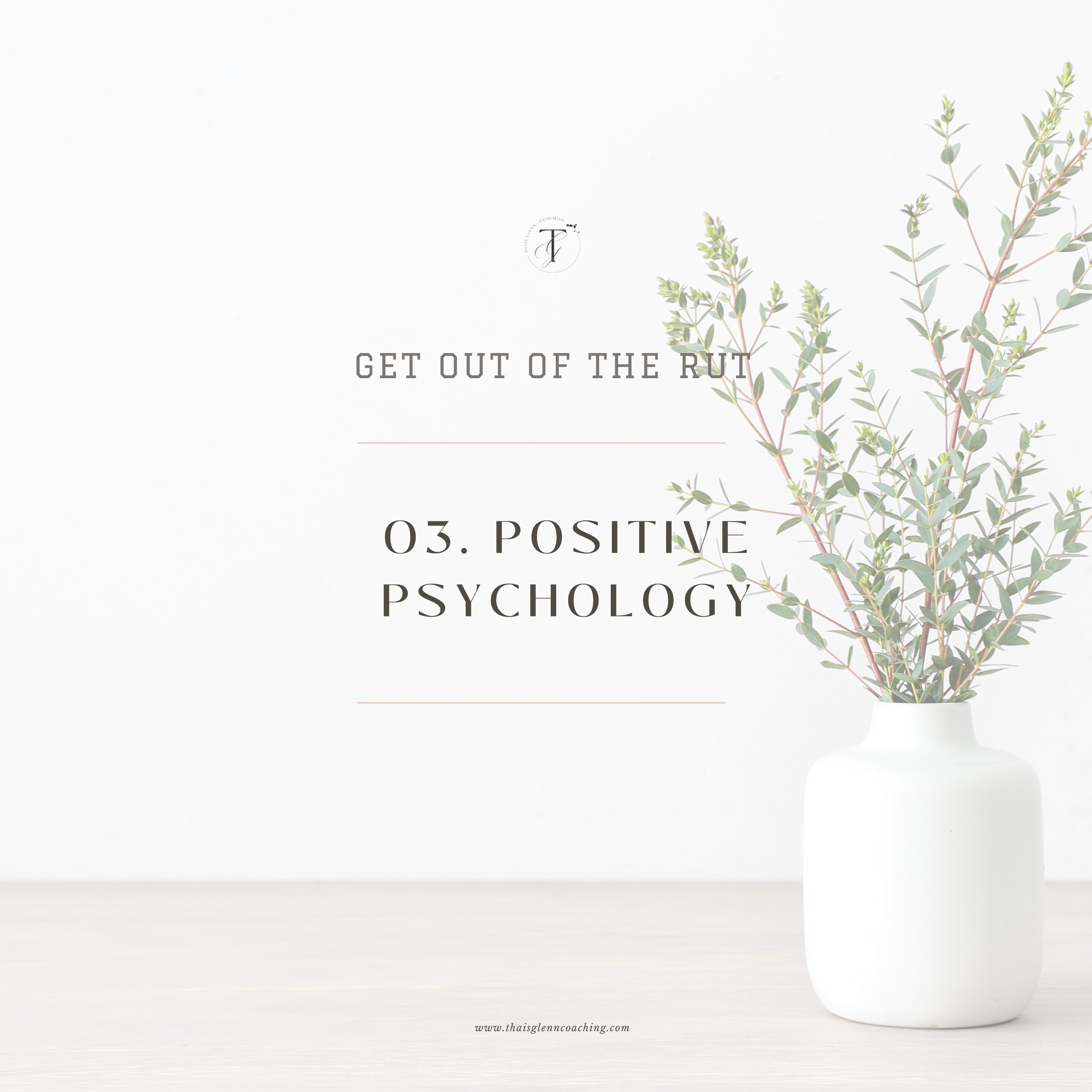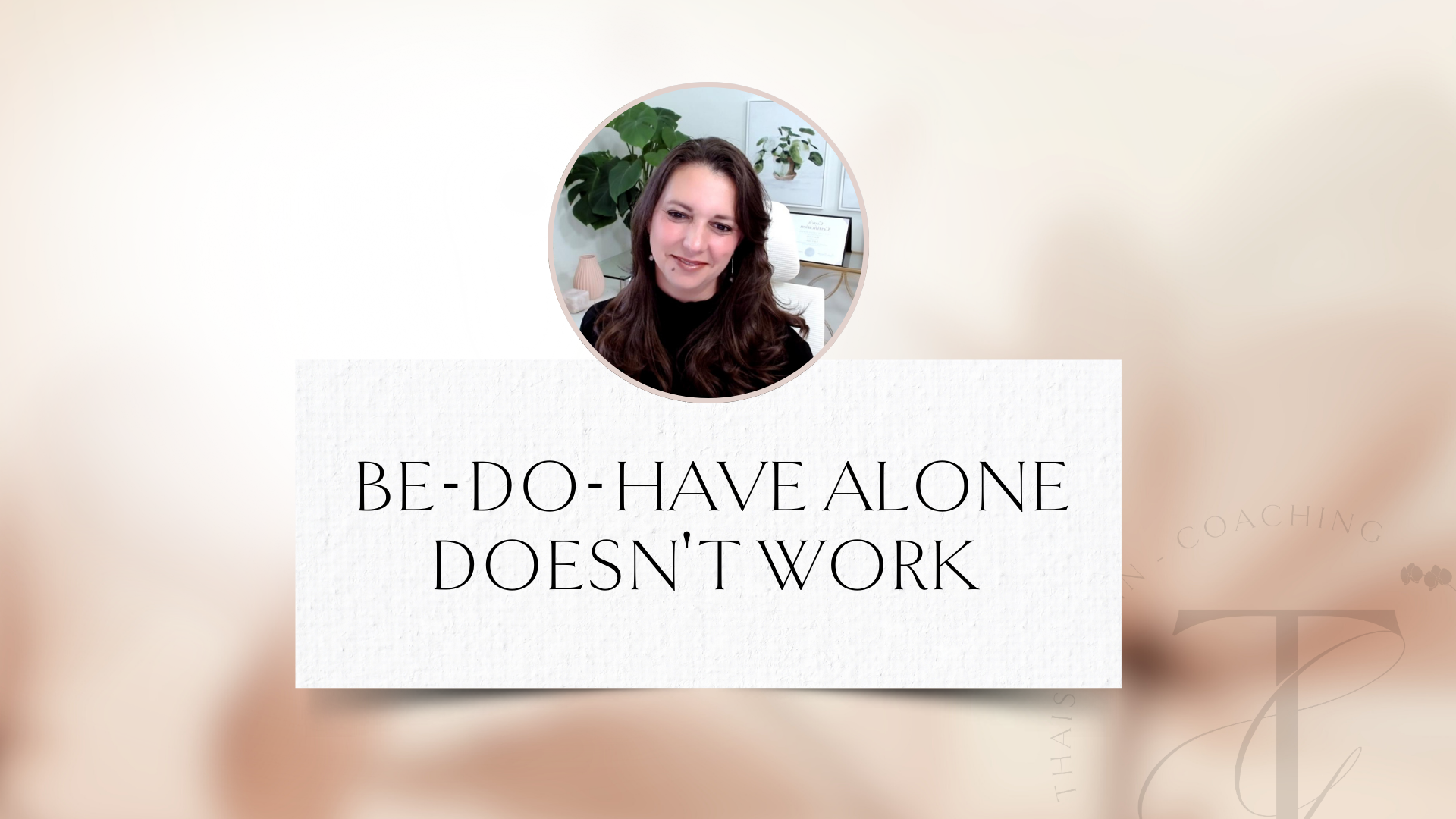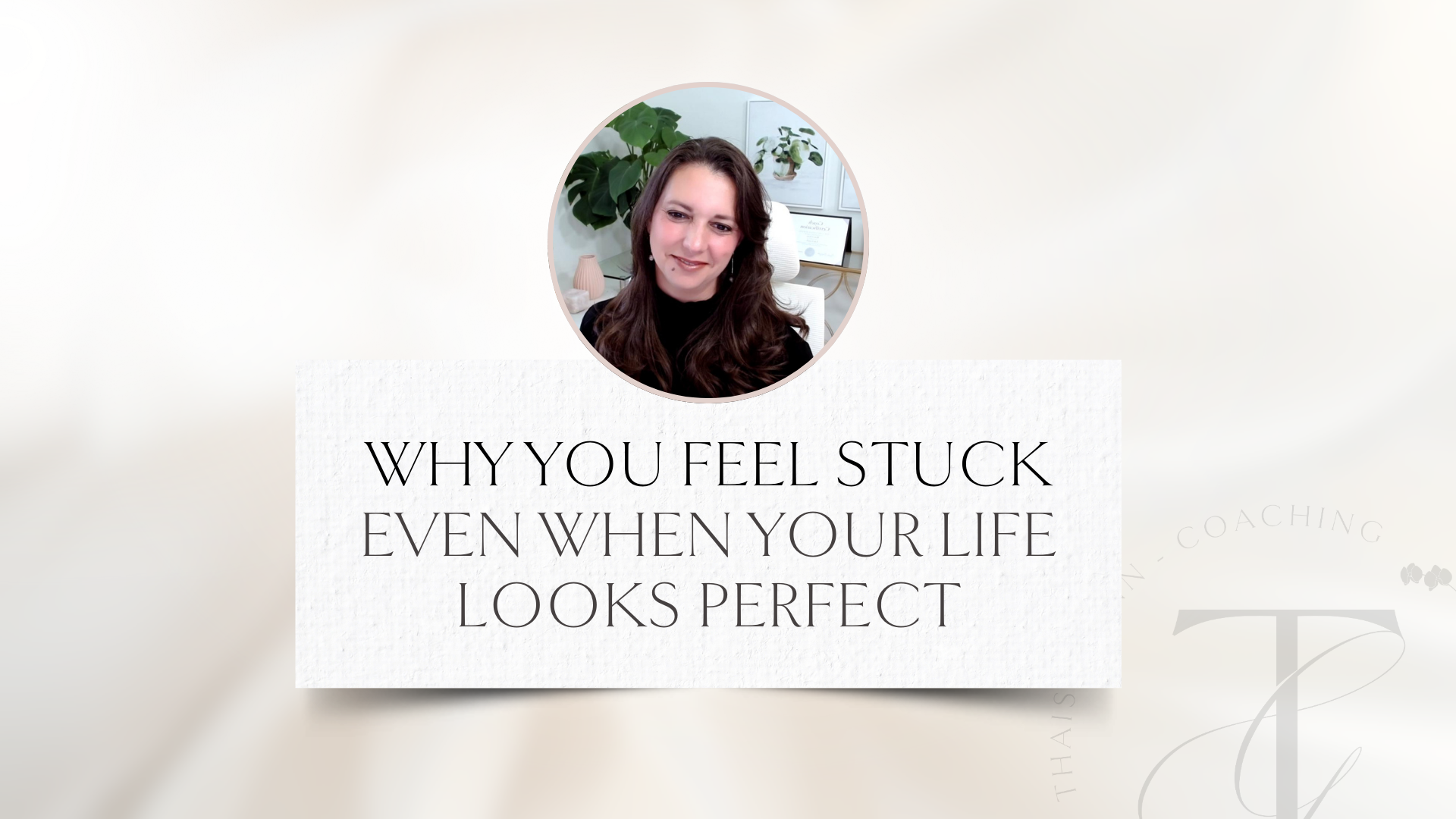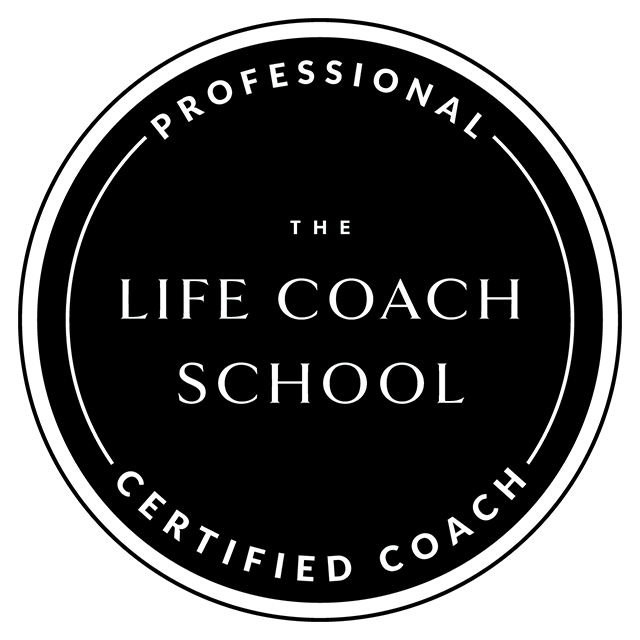Get Out of the Rut - Episode # 3
Positive Psychology
Hey, you guys, I'm so glad you're back ,today I want to talk to you about positive psychology and I did fall in love with positive psychology last year, but I'm a little bit embarrassed to say that I hadn't studied any type of positive psychology before because I really thought, and this is a little bit embarrassing that positive psychology had something to do with all this toxic positivity crap.
And I'm telling you, I'm so against toxic positivity. I am all about embracing your whole self, right? The good and the bad. And I really don't think that just thinking positive thoughts is doable or realistic. So I really put it away. I would hear something about positive psychology and it's like, you know what?
I don't even want to deal with this because I was sure the only thing they would be talking about, it was just positive affirmations and things that you can feel good for a little bit. And then you realize that those things you're feeling good, you don't even believe that in the first place. So now you feel even worse than before, you know, like when you're reading just the affirmations and your brain, it's like, as you're reading, you were amazing, you're strong, you're skinny, and then your brain's yelling at you, it's like, no, I do not believe that.
That's truly what I thought that this whole positive psychology was like. But last year I decided to venture and try something new. I have been coaching for over five years now, and I've been using the same tools. It's a mix of cognitive behavioral therapy, like CBT and coaching where it kind of, when we mix the two together, and it's served me really well.
I'm really able to help my clients understand and create more awareness of their thoughts. And really understand what they're creating in their lines. But I thought that was missing something. Don't get me wrong. I really love the tools that I have been using so far, but I just wanted to expand more. I thought that that was a room for me to grow as a person and really help my clients.
But this positive psychology really transformed how I self coach and how I coach my clients. It changed how I journal, it changed how I talk to myself. And even changed a little bit of this tiny habits that I'm now developing. And today I would like to share with you the three main things that I learned from positive psychology totally changed this game for me and it helped see my practices in a very different way.
So before I get started with this, I want you to stop for a minute and ask you to notice what you're telling yourself about the positive psychology. Because, you know, coaching is all about creating more awareness of your thoughts and really understanding your behaviors. And I want you to see that if you have some bias towards positive psychology, it will really show as you listen to the rest of this podcast.
So just be a little aware. What are you believing? What are you thinking about positive psychology? And notice what do you think right now that it's going to happen as you listen to this podcast. Okay. So the very first thing I want to talk to you about that I have learned and I have developed a little bit more now, it's reframing.
This is something that I have first learned with my mentor, Benjamin Hardy, and he's the author of Be Your Future Self Now and The Gap in a Game. And I have been working with him for about two years and reframing your perspective, it's probably the bulk of his work. He's really big into helping you reframe how you see your future and your past.
And I absolutely love this work because your brain is already wired and trained to see the negative first. Like that is the normal thing that you see. Remember the positive feels really nice and we like feeling it. But the negative is what actually saves your life. So your brain is much more interested in seeing the negative first.
The example that I like to use is that if I'm here in my office recording this podcast and then I hear a noise coming from downstairs, I don't want to have positive thoughts, right? I want to be alert. I want to really pay attention to see what the noise is because there's no one else in here. So why would I be hearing footsteps or noises, right?
I want the fear, the negative thoughts to come up first, because that can save my life. But that also happens that sometimes you're just, you know, having a conversation with your husband and the negative way of seeing the conversation kicks up first. And the reframing really helps you to change how you want to see the situation.
So the same way that your brain is wired and trained to see the negative first, it's nice for you to remember that you can also train your brain to see the negative. But then right away, shift it to a more positive perspective. You can make that shift so much faster when you learn this skill of reframing.
You're still going to give your brain what it needs, right? You're still allowing yourself to let the negative show up, that the negative perspective come first. And that is what, you know, your survival evolutionary need as a human being, and you should give that to your body. We don't want to just be that positive.
That's exactly what I was against, what I thought positive psychology was. You don't want to just be positive at all times, but you don't also need to stay on the negativity for a very long time because you think that that's what your body needs. You can absolutely train your body and your brain to start seeing things in a positive light.
The way I like to see this is that reframing is just a way to adjust your mindset. When everything in your life seems to be very negative, it's just a reminder that maybe you need to work on the lenses that you're seeing the world. And it happens a lot, right? We really do believe at times everything is going wrong, right?
Everything is bad. And the way I like to see it, it's all really bad because of that is the way you were seeing your reality. What is totally fine and it's even fine for you to have that, but it's also good for you to know that it's a choice. That you're making the choice right now to see your life in a negative way.
Let me give you an example of how this works in a day to day life. I personally love clean spaces. I truly get energy from my clean house, right? I know that there are some people there that couldn't care less for it, that don't mind seeing things, you know, messy or cluttered or dirty. Like I understand, but for me.
I really like a very clean space, I really don't mind spending the whole time cleaning and vacuuming and doing all the dishes and doing all the laundry. And the, the only reason it's so I can spend the rest of the weekend in a very clean environment, but I do have three little kids.
So having the whole weekend with a clean environment just doesn't happen too often, right? The house wouldn't be clean for more than, what, three hours, four hours. So before I learned this skill of reframing, I would feel very defeated, very angry, sad. Truth be told, on the verge of despair, I would be very, very angry because I would think that how dare they wouldn't even respect my house.
Right. How there, no one was helping me to keep this house so clean and organized. And I still feel this way when I clean the whole house. And after an hour or two, it's all messy. I need to remember that I have to reframe how I see it, right? Because the way I feel, I just don't like. Feeling so bad about the house being dirty.
So I want you to understand that it doesn't mean that I love having a dirty house now. It's not that I have accepted that my house is so messy and now I'm in peace. That's not it at all. But if I let my brain do what it does with any type of management, it will create a story that makes me feel worse and worse.
And all those things that I just said, my kids are so disrespectful. I can't believe that I'm the only one doing this. No one is helping me. It's not even worth doing this because no one cares for what I do. All this nagging and all of this negativity just makes me feel terrible. So this is how I add the reframing this situation.
I decide to change my focus. From the messy house to how much I love being a mom and how much I love my kids creativity and how much I love them making all the sports and drawing pictures and sitting on boats that's made out of gymnastic mats, all of those things that they're doing. That's where my focus goes for me to understand that I actually do love being a mom.
I still don't like the messy house. But all of a sudden, the negativity, the nagging that I was feeling because I was focusing on the messy house disappears. And I just need to understand that I like that feeling of love so much better than the feeling of nagging. So that's why we say that motherhood is much more about raising yourselves than raising the children.
Listen, we all have situations in life that we are so sure are making us angry. Think about the situations that it's for you right now. Try to reframe it. Look at those things you really believe that situation makes you very upset. And notice how just shifting your focus a little bit can really make you feel better.
Not that you love, But you don't like, right? You're not changing that. Oh, now I love a messy house and it's so great having messy kids. No, but just as I shift my attention and reframe my story to what would serve me better, I can have a much, you know, loving relationship with my children. Here's some of the reframes that I like that I have been working on and I really like for myself.
And some of those also came from some clients that I was coaching and I thought Very good reframing, really good way of seeing things differently. So of course I just said, my house is so messy. And I'm so grateful for the people that live in here. I'm just shifting my focus from the mess. And again, guys, my house is not messy.
Just want to make it sure I do a really good job at cleaning it. But whenever it's messy, if I focus on the mess, I get nagging. When I focus on, and my kids are so amazing, things just lighten up. So I'm so grateful that the people that live here are so creative and so nice. Another one is that my kids are not doing very good at school.
Then you can just shift to, and I'm here to support them the best way I can. Right? I hate fighting with my husband. That just has that heaviness in you. And then you can shift it to something, and I'm learning how to stand up for myself so I can be heard. You're still fighting. You're still upset that the fights happen, but now you were noticing that you're starting to really express yourself without the anger.
You're really trying to stand up for yourself and for what you believe. And that focus on you, on yourself, makes you feel so much lighter than just focusing on, Oh, I keep fighting with my husband and I hate that. I coach a lot of other coaches that growing their business. And one of the things that I hear the most is that, Oh, my business is not growing fast enough.
It's a great way for you to reframe business. I wonder what I need to focus next to move closer to achieving my goal. So instead of focusing on this whole, Oh, my business is not doing well. If you focus on, Huh? What is the next step that I need to take to achieve the goals I have set? Now it's so much more open and abundant for you to just the way you feel.
Okay. I would love to hear what is your reframing. If you have tried some of those, make sure to go to my Instagram and send me a DM. Or answer to the emails that we send with this podcast, but really let me know, how can you reframe some things in your life? I would love to see how you apply this work.
The next thing I would love to share with you that I learned with positive psychology is resilience. And the way I used to see resilience, it was very much associated with toughness. Like to become a resilient person, you need to be tough through difficult times. And we always hear those things, right?
Resilience is one of the main characters of a successful person. So you must fail and get right back to become successful. Well, the problem is that who wants to keep failing all of the time? Just so maybe one day you can be successful. That is one of the most ridiculous thing I've ever heard. I have been in a program before where.
The coach was asking us to fail every single day, and it just goes against your primal survival needs, right? No one wants to fail all the time. And when we start using this reframing to see the failure in a different way, that's where the resilience comes. So a resilient person is really good at choosing where they put their attention to.
So it doesn't really have anything to do with being tough and being harsh. It's more of, you know, where you need to. Choose to put your attention to and I say choose very deliberately because you don't want to just keep your attention where your brain goes first. Remember your brain wants to see the danger first.
We don't want to change the survival need. Your brain wants to know that it might be danger. It might be dangerous to be around here. So what you do want to do is to guide the very next step after it sees the negativity. We get to choose if the attention stays there. On the negative and, you know, air quoting here, the negative, or if you want to put it in a better place, and we do this by reframing, just like we talked about.
So again, the same example I just used, if I am in my office and a robber comes in and I see it, I want to be scared. I want to see it negatively. And stay there. I don't want to change to see, Oh, maybe he's a nice guy that was just lost in my office. No, I want to be afraid. And I want all my survival traits to kick in.
I want to throw all the books that I have him at this person, right? I want to run because I don't want to feel better at this time. But if it is just on a day to day life. I don't need to stay on the negative side where it feels so harsh or the fight and flight, right? I want to shift my focus for something that makes me feel a little bit better.
A great way for you to start focusing on this resilience, right? And a good way for you to reframe how you see the hard times that you'll go through your life is to think of the person that will you become because you went through the hard time. That's the key. This reframing will help you focus on the strength that comes after.
Something like this happen, truly it's so, you know, for sure that you can do hard things. I know it's cheesy, it's a very cheesy thing to say, but you really know that you can, you have your own back. You really know that you can go through difficult times and grow in a process when you're focusing on the type of person that you will become.
After you went through that hard time. So resilient person focuses on the results that come from going through that hard time, right? She focuses on the longing on becoming the stronger person in the process. So again, it's not that you are desiring failure or desiring the hard times, but when the time comes.
You're focused on who you're becoming as you go through, so it's so much easier to even go through that hard time. I had to Google this and my Google friend said that emotional resilience is the ability to adapt to stressful situations and cope with life's ups and downs. Resilience does not eliminate stress or erase life's difficulties, but allows you to tackle and accept problems, live through a diversity and move on with your life.
So if you are going through a hard time right now, I want you to think about the type of person that you will become after you go through this. What would mean for you to see this situation in a light that shows your own strength, whatever hard time that you're going through, whatever season of your life where it might seem like everything is going wrong at the same time, or if it's just one area of your life, maybe it's finance, maybe it's your business, maybe it's a relationship with your children or with your husband, whatever it is, you start thinking about, okay, this might be a very hard thing that I'm going through right now, but when I go through on the other side, who is that person that I will become?
And I wanted to focus on that. Okay. The third thing that I would love to share about positive psychology, it's so cheesy and it made me roll my eyes. It's smiles. Okay. This sounds silly and this is exactly the type of thing I did not get involved with in positive psychology in the first place. I was so afraid that positive psychology would ask me to smile at nothing just to show how happy I am.
And, you know, as the saying goes. And sure enough came the time after like 20 hours of lecture, where this master coach off offered this exercise and seriously made my eye roll so hard that I saw my eyes would fall off my face. She asked us to smile. I was so tired. I had gotten, I didn't even know like 1500 steps for the whole day.
I was sitting in my office, listening to this amazing conference. It was so good, but my back was hurting. I was. Tired. I just, you know, the last thing I needed was for someone out of the blue, asked me to start smiling. I was seriously mad when she said this, but do you remember in the very beginning when I was telling you about all the bias that I had against positive psychology?
Oh man, y'all came back flying. But you know, I didn't want to be the only person I smiling. I was on camera. They're all seeing me and I bet they had already seen my eye roll because I did not try to hide that. So it's like, okay, I'm here. Let me give this a try. Let me really show up as, you know, she's asking me to show up on this exercise and see how it goes.
I truly did not believe this would change my life like it did. So this is what I did. I just opened up a smile and I noticed all of the muscles in my body relax. My shoulders, my face lift up higher a little bit. My arms were relaxed. My back wasn't hurting anymore. And all of a sudden I start smiling for real and I could feel the shift of energy in the office.
Like outside of me, I was already feeling so much better. I was less cranky. I was still, you know, a little bit cranky, but not angry, not mad like I was. And all of a sudden I start to feel that crankiness melt away. That was the weirdest thing and all because of a smile and it wasn't even sincere. It wasn't even that I was happy, smiling and how was that even possible?
But apparently, a simple smile can trigger the release of neuropeptides that improve your neurocommunication. I mean, seriously, it releases neurotransmitters such as dopamine, serotonin, and even endorphins, the natural painkillers. Which can boost your mood and literally make you feel good from head to toe.
Even one smile can stimulate your brain. Smiling also helps you reduce the stress enhancing hormones and increase mood enhancing hormones. And of course, smiling makes you just appear more likable, more polite, right? Even more competent when you're able to just smile. Of course, I want you to smile right now and just start noticing, but smile with the awareness, okay?
Open up a smile. And observe what happens to you. Now, here's what the next exercise that she asked us to do. It was even more showing. After we smiled and after I was feeling that great, she said, okay, now let's frown, really frown your face hard, like you're angry. And at this point, the pain on my back was unbearable.
Like. My pain was like from a two or three went all the way to a nine or 10. Like I couldn't even handle sitting down anymore. What changed? How can it change so fast? Just from smiley to frowning. Of course, I'm going to ask you to do this experiment at home. And if you are curious and you want to hear something more about this, the power of smile, you can just Google, literally Google the power of smile.
And you'll be amazing. How much this free tip can help you boost your mood. So I've been. Catching myself smiling more often, especially when I'm doing tasks that I don't necessarily enjoy, like laundry, right? And I can see the difference now just by opening a smile or sometimes even doing tasks at work that I'm not necessarily super excited about doing, I can just open a smile before I start the task.
And I can see the difference of productivity, of enjoyment. It just makes such a difference for such a free and easy way of enhancing your life. Okay. So. This is it for today. I hope you have enjoyed. I hope you are really able to see how the reframing can really help you find more positivity in your life and having the resilience, right?
Focusing on the person that you will become after you go through a hard time instead of focusing on the hard time or focusing on the failure. It would really help you go through life in general. And I really do wish you would smile more. Do this exercise. Test for yourself, ask your children, right? Just look at them and say, can you open a smile?
How do you feel? And see what they would say. It's something that truly has changed me. So now I am actually a little bit in love with positive psychology. Believe it or not, I actually really enjoy it now and I hope you will like. As much or even more than me and don't worry, we'll be talking a lot about positive psychology because now I'm all invested.
I'm really learning and I can't wait to share all of those things with you and I will see you next week. Have a phenomenal week and I'll see you soon. Bye bye. If you enjoyed this episode, Make sure to share it with your friends, share it on social media, and make sure to tag me. If you want to go even deeper, go to my website and download the free booklet with the three simple steps to get out of the rut and start enjoying your life today.
See you next week.

